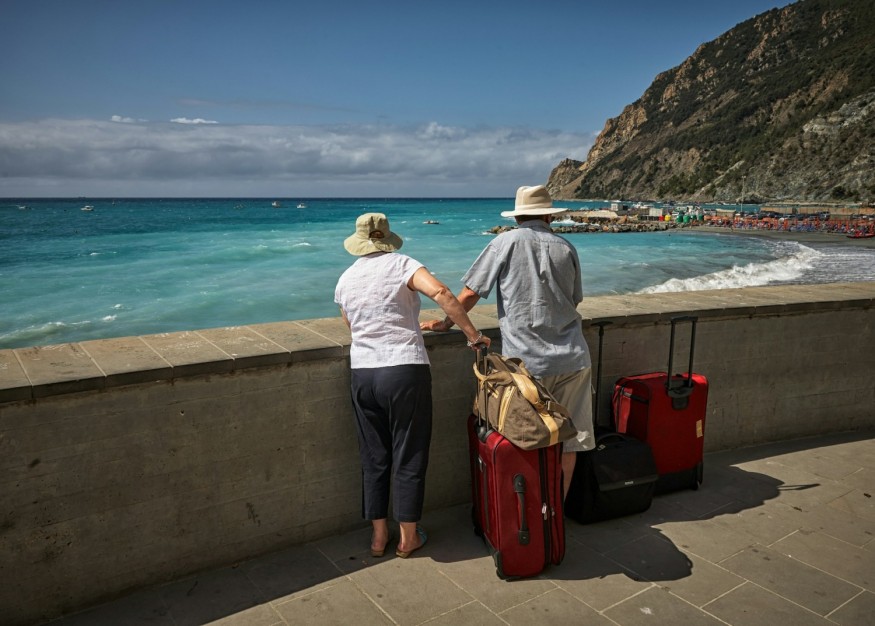Visiting and traveling Europe is our greatest dream but as a senior traveler, the journey through this rich, cultural mosaic can seem a bit challenging at first. Fear not! Securing your Schengen visa is the first step to unlocking the treasures of France, Italy, and the vibrant streets of Spain-all within easy reach.
So, how do you get started on this fantastic adventure? Let us guide you through the essential steps to obtain your Schengen visa. This magical pass allows you entry into 29 European countries, offering the freedom to explore without the hassle of multiple visas.
If you want to sip coffee in a small Parisian café, marvel at the artworks in the Louvre, or roam the ancient ruins of Rome, a Schengen visa is your ticket to an unforgettable experience.
Make sure your passport is ready, gather your travel documents, and prepare for a smooth application process.
You will need proof of financial means, such as pension statements, and travel insurance that covers medical emergencies. With these in hand, you are well on your way to a stress-free holiday.

Gathering Your Documents
Getting your Schengen visa starts with organizing the necessary paperwork. You will need a valid passport with at least two blank pages and it should be valid for at least three months beyond your planned departure date from the Schengen area.
Next, fill out the Schengen visa application form, which is straightforward and can be downloaded online. Remember, accurate and complete answers help avoid any delays. You also need two recent passport-sized photos that meet the visa photo requirements.
Financial Proof is Key
Financial stability is crucial for visa approval. As a senior, you may not have a regular job, so you must show you have enough funds to support your travel. This can include six months of pension statements or any other investments that prove you can afford the trip.
Ensure these documents are current and clearly show your name and the balance. Banks also sometimes provide letters that confirm good standing and account balance, which could be very helpful.
Related Article: Planning to Retire? Here Are the Best Places in Europe for Retirees
Securing Adequate Travel Insurance
Travel insurance is a requirement and a necessity for your safety and peace of mind. The policy should cover medical emergencies, hospital stays, and possibly even repatriation, should you need to return home quickly due to medical reasons.
Look for insurance that covers up to 30,000 euros, which is the minimum amount required for a Schengen visa application. Check that your insurance is valid in all Schengen countries and for the entire duration of your stay.
Booking Your Itinerary
While you do not need to buy your tickets before applying for the visa, you will need to show your travel itinerary. This includes your plans on where you will visit and where you will stay.
You can book hotels with free cancellation options, which can be used as proof of accommodation without losing money if your visa application is delayed or denied. The itinerary helps the consulate determine the main purpose of your visit and the timeline of your travel.
Visa Application and Interview
Finally, submit your visa application at the appropriate consulate or embassy, along with all the required documents. Depending on where you are applying, you may need to make an appointment for an interview.
During the interview, be honest and clear about your travel plans and reasons for visiting. Consular officers appreciate transparency and it speeds up the application process. After the interview, all you have to do is wait for your visa to be processed, which typically takes about 15 days.
This article is copyrighted by Travelers Today, the travel news leader




